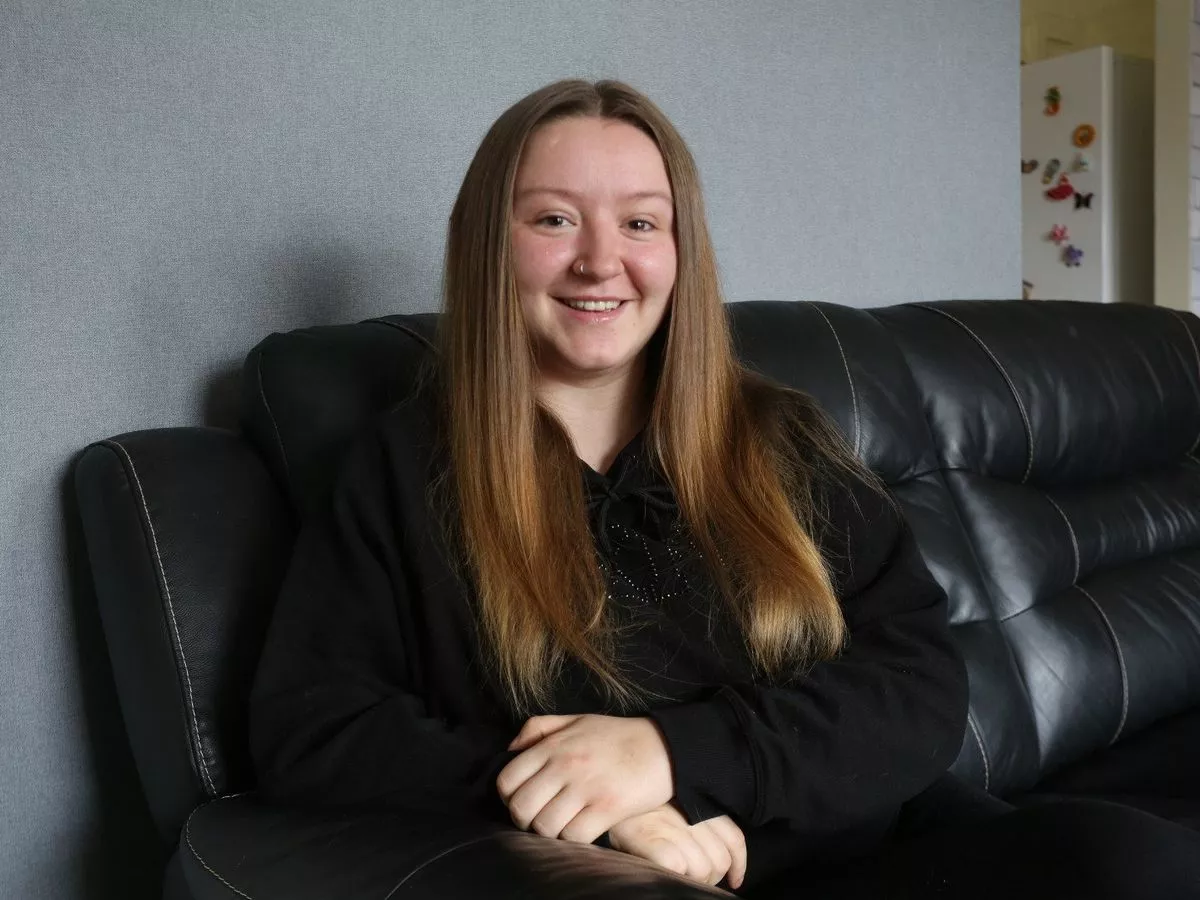By Billy Gaddi Isla Robertson
A Scots teen suffering from endometriosis was told the symptoms were just “her body growing” and “getting used to birth control” after being rushed to hospital. Bethany Smith, 19, has battled with the pain for the past three years. However, the Greenock teen says it was only after she went private that she began to be ‘taken seriously’ by doctors. The disease , which causes tissue similar to the lining of the uterus to grow outside of the organ, affects one in 10 women across the UK and can result in severe cramps and heavy bleeding – as well as, in some cases, leading to infertility. In 2022, Bethany began experiencing extreme stomach pains which left her unable to move resulting in her being rushed to hospital. Doctors ruled out appendicitis and a twisted ovarian cyst and noted that her pain was “just her body growing” and “getting used to” birth control. The symptoms quickly took over her life, leaving her unable to go to the gym or go out on walks, as well as affecting her work as a car mechanic. She said: “I was having to call in sick because I was bent over in pain. It was taking over my life. “As a girl in male dominated workplace, you feel like you are not good enough already – and then to know I couldn’t do certain things because I was constantly sore , and there was nothing I could do about the pain, really brought me down.” Bethany said that doctors at Port Glasgow Medical Centre, where she attended to try and get help, only began to listen to her after she turned 18. “It was ironic, because it was a male doctor who listened to me,” she said. “All of the other doctors I had spoken to were female, so I thought they would be the ones to listen and understand, but they didn’t really. “I had been going to the GP for weeks on end, to the point I was having to go in nearly every two weeks for them to listen to me.” She was finally referred to a gynaecologist – but had to wait a year and a half for an NHS consultation which, when it happened in February, took place over the phone. Bethany was told that she would have to wait for 18 months for an MRI scan and, and that she should expect to wait up to three years for surgery . “I just couldn’t wait that long,” she said. “I’ve been in pain for years, and no-one has taken me seriously.” Within a week of turning to private healthcare , Bethany said, she was offered a consultation at the Ross Hall clinic in Renfrew – with a doctor she says was the best she had ever dealt with. Two weeks later she was sent for a scan, which showed she had stage one endometriosis – and then, last month, she underwent keyhole surgery. “I was only able to get this [private healthcare] surgery through a benefit I get in work,” she said. “There are many women who won’t be able to do that and who would have to wait in pain. I was only at stage one. Think about someone who has stage three endometriosis, or even stage four . “Some might be girls younger than me, who will be told it’s normal period cramps , when it’s not. It doesn’t matter if you want kids or not. You still want that to be your choice. You don’t want it to be because someone hasn’t listened to you, or because you’ve been waiting so long it’s left you infertile.” Following her surgery Bethany shared her experience in a social media post which attracted comments from hundreds of women across Inverclyde and beyond. “I’m grateful that I was able to get this surgery, and I can now live the life I was missing out on,” she said. “But I’m still angry for all of the people who have reached out to me who can’t get any help . “I know how they feel when they say they are constantly in pain and can’t do anything about it, because that’s the way I used to be.” A spokesperson for Port Glasgow Medical Centre , where Bethany attended for NHS treatment, said: “We are unable to comment on individual patient cases due to patient confidentiality. “It has recently been well publicised that there is often a marked delay for women in receiving a diagnosis of endometriosis. “Early recognition and onward referral if appropriate from primary care is essential. “Unfortunately, there is often a substantial delay in time from referral to assessment in secondary care from gynaecology .”
